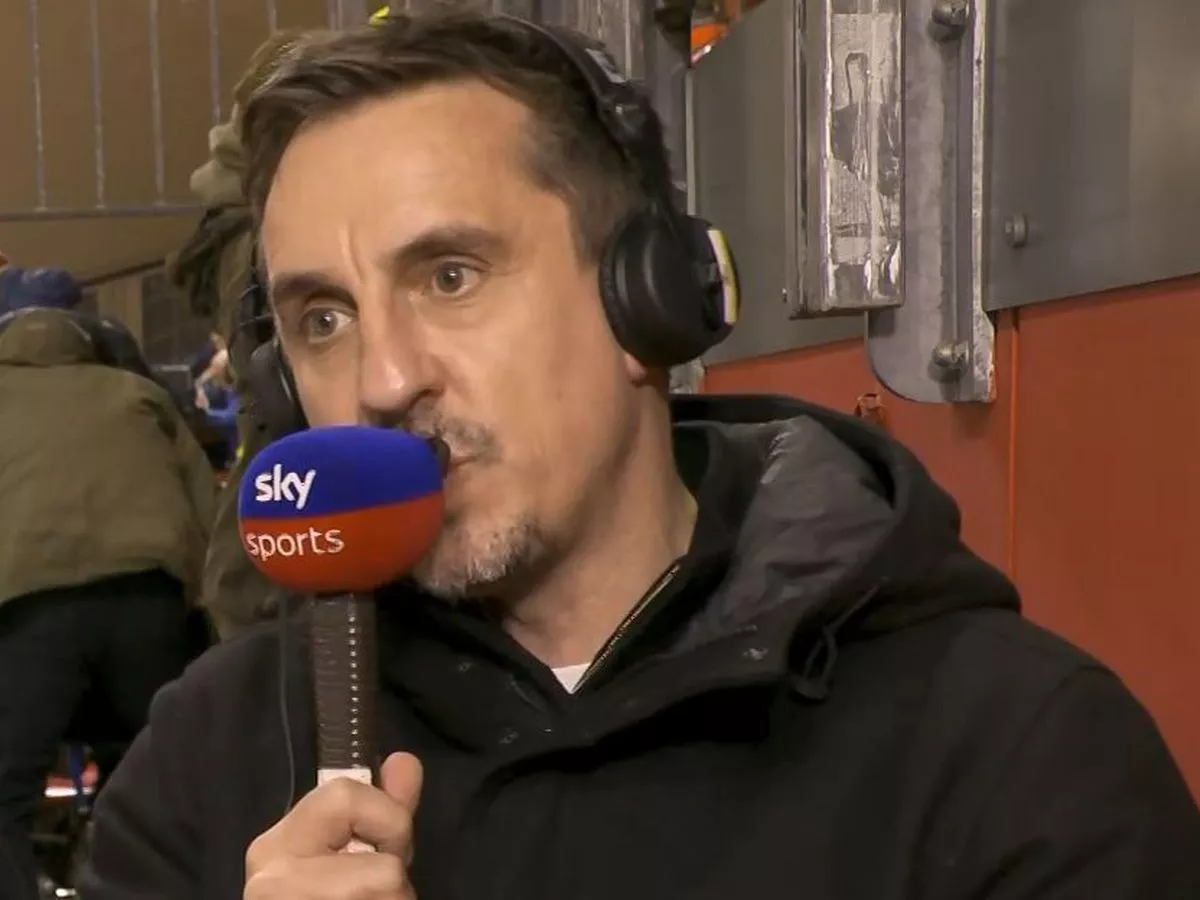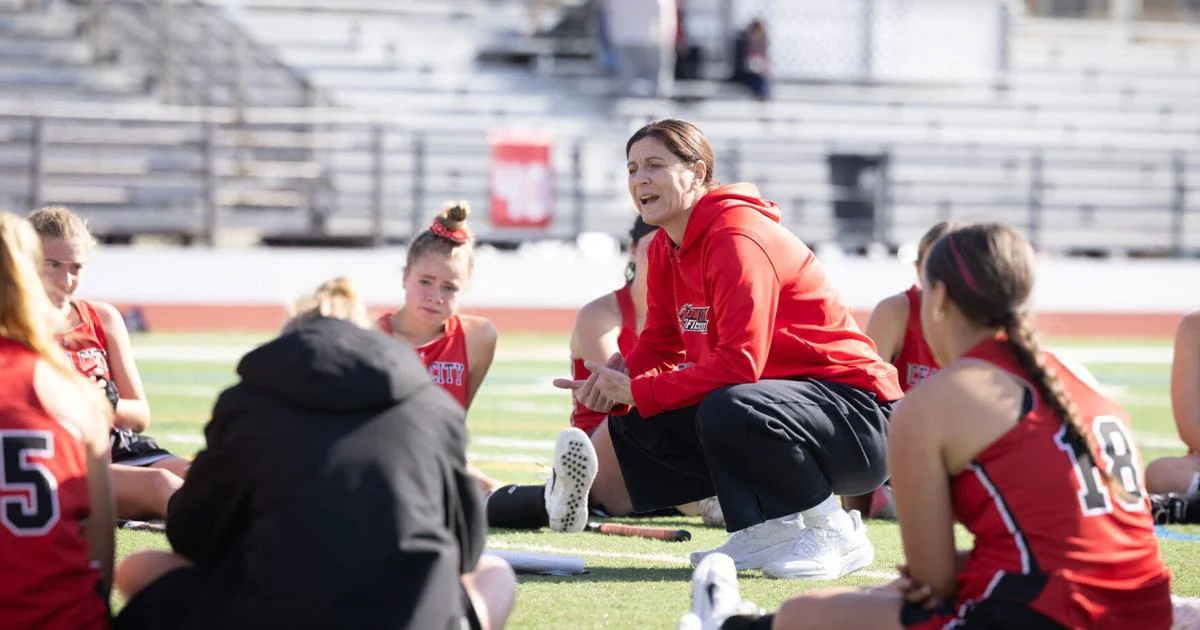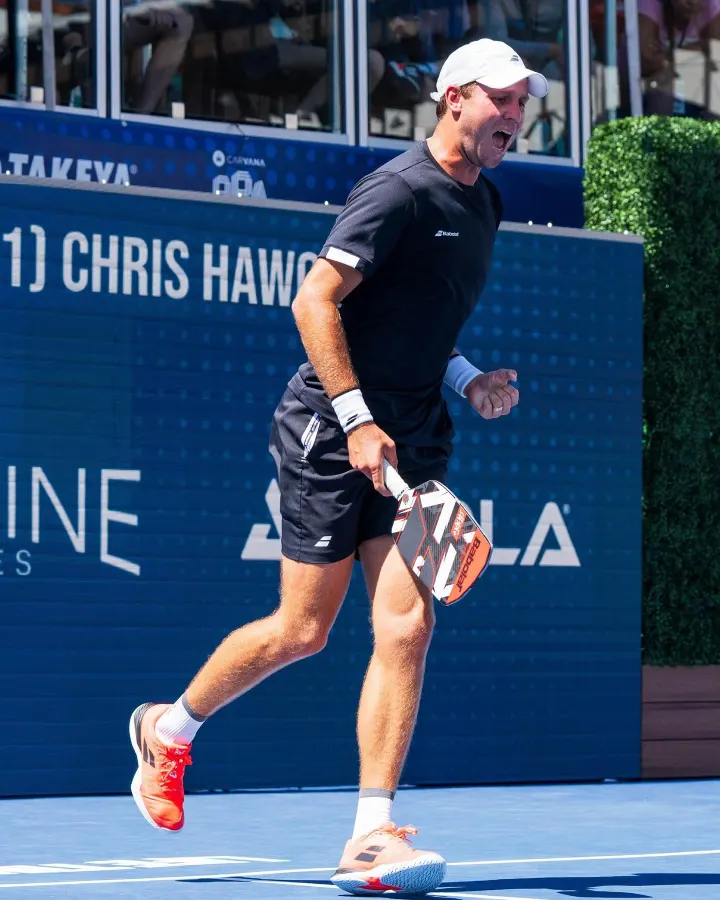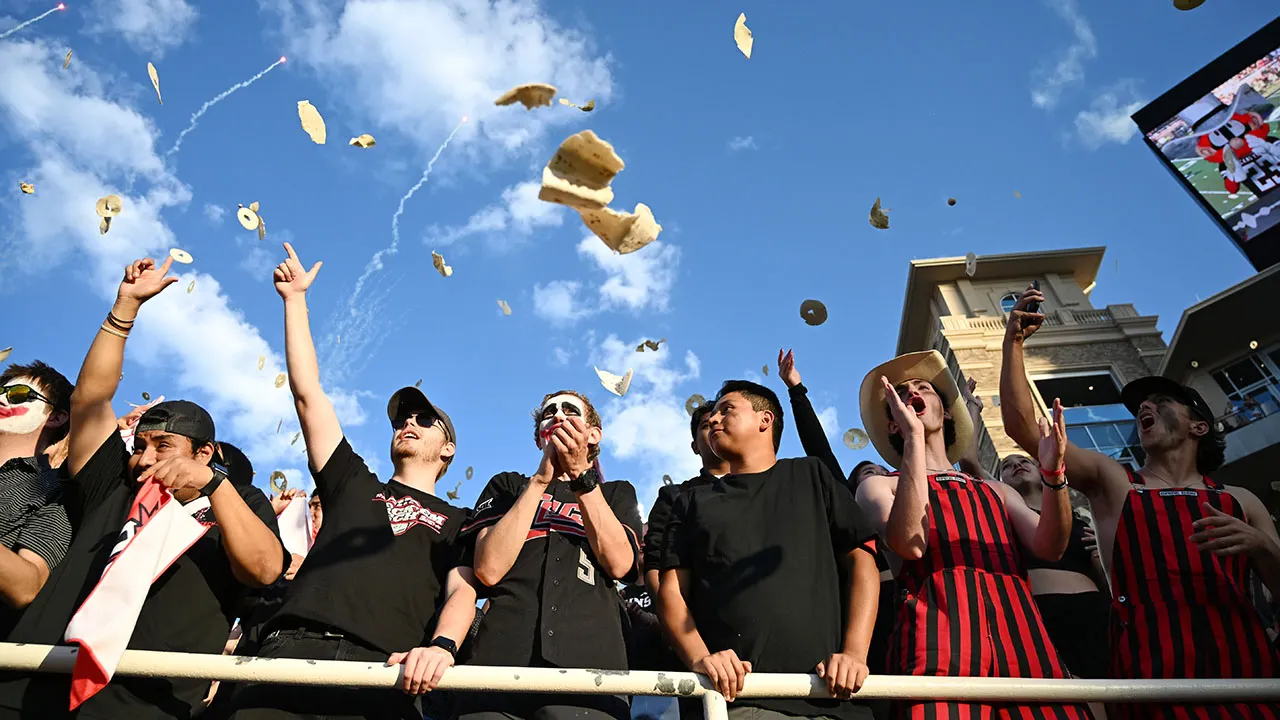Copyright newsweek
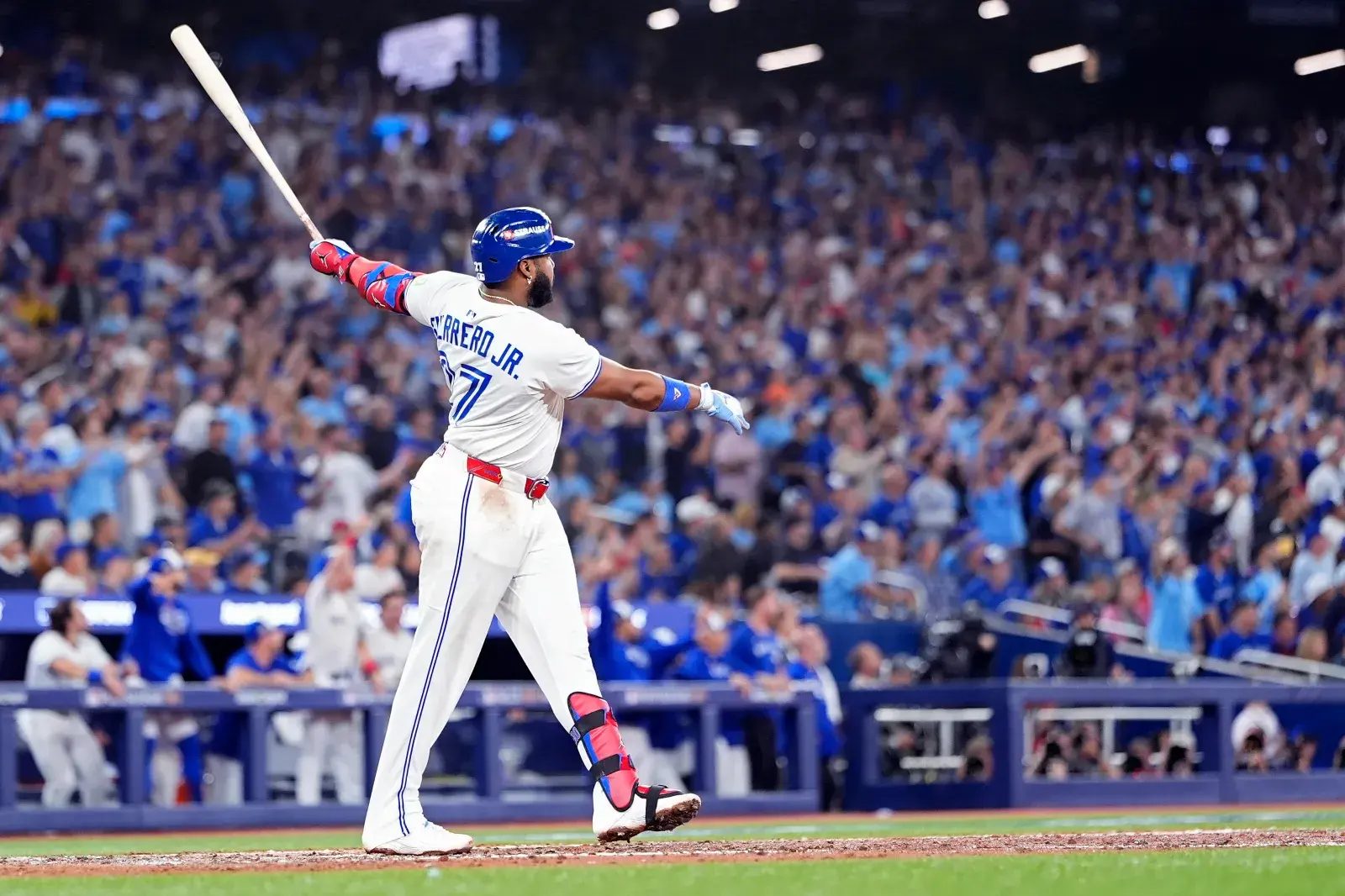
Try as we might, certain things in sports are ineffable. Even as data and analytics bring more and more precision into the picture, there’s still a magic that exists in between the white lines. The underdog can sometimes defy the odds. A hero can emerge from nowhere. The mighty Casey, as the story goes, can strike out. Momentum is one of those elements that you can’t quite put a finger on. As the “Uncle Mo” moniker suggests, its familiar; we all know it when we see it, and we have seen it. But at the same time, everyone’s definition will have some slight nuances and raise questions rather than truly providing clarity. How long does it last? Can it survive the final whistle? What sort of event can create it and, when it turns against you, how can you wrestle it back? Or, perhaps most centrally, does it even exist at all? Those were the questions the Toronto Blue Jays faced on Sunday night. After losing the first two games of the ALCS, the Canadian club fought back in Seattle, knotting the series 2-2 and earning the emotional edge. Game 5, however, saw momentum swing back to the Mariners after some big home runs and questionable bullpen management. That sent the teams back to Toronto with a potential elimination on the cards. The Meaning of Momentum Away from the ballpark, Dr. Robert Schinke, the president of the International Society of Sport Psychology, professor at Laurentian University and a former equestrian who represented Canada on an international level, told Newsweek that momentum certainly exists. “Momentum is a real thing within sport performance,” he said via email. “It is the manifestation of confidence and resilience brought forward to persistent action. When a team is overconfident and outcome-oriented in its orientation at a moment in time, it becomes the precursor to a shift in momentum, as process and performance become secondary to results. Momentum is grounded in being in the present, executing one’s skills with full immersion, and remaining committed to quality over quantity.” Vladimir Guerrero Jr. of the Toronto Blue Jays hits a home run against the Seattle Mariners during the fifth inning in Game 6 of the American League Championship Series at Rogers Centre on October 19, 2025, in Toronto. Before the game, neither manager denied the existence of momentum. They both insisted, however, that each game was its own individual challenge rather than a continuation of the previous series. “It’s crazy, you know? They win two here, we win two, they win one. I think every game is kind of just its own thing,” Toronto manager John Schneider explained when asked about momentum ahead of Game 5. “Again, that’s why I think we try to approach it that way. You try to approach it like a normal game. Again, easier said than done. But every game, I think, is just its own thing that is going to happen. “So, momentum, yeah, I get it. They have a one-game advantage on us. We got a chance to play two games at home where we play really well. It’s weird. Those moments happen—they unfold in front of you. So you never know who is going to make the big pitch, big swing. A couple days ago it was them. Two days before that it was us. So you got to just focus on what you’re doing.” Mariners manager Dan Wilson had a similar answer, although he brought emotion, which may be a bit more understandable, into the mix. “I think each game is a discrete event,” he said. “I think emotion, momentum, you call it what you want, does play a big role in the postseason, for sure. But each game presents its own challenges, its own differences. I think in terms of that, you treat each game differently. I think it’s kind of played out that way in this series, but obviously, emotion and momentum is definitely a factor.” That theory, at least based on Sunday night’s game, held true. The Rogers Centre was buzzing; starter Trey Yesavage called it “the most electric, energized crowd I’ve ever played in front of,” underscoring how vibes can shift from one game to another. The Blue Jays started quicker, carving out two runs in the bottom of the second. It wasn’t dominant—the inning included a double, an error, and an infield hit rather than towering home runs—but that was enough to put the home team on the front foot. Cal Raleigh, Seattle’s all-world catcher and potential AL MVP, grounded into a double play with the bases loaded, ending the top of the third without plating a run, and Toronto responded with a two-out triple and home run to double the lead. Then, in the top of the fourth, Seattle squandered another bases-loaded situation by grounding into a double play; the fifth inning would end in the same way, as a ground ball extinguished a potential Mariners rally. Call it momentum, emotion or something else, but the Blue Jays were the team on top. The snowb...
